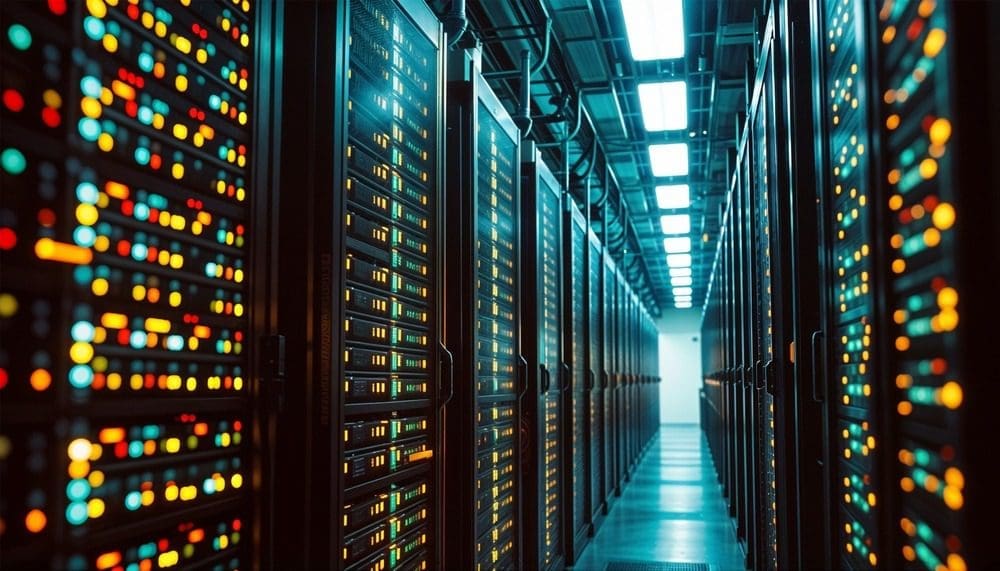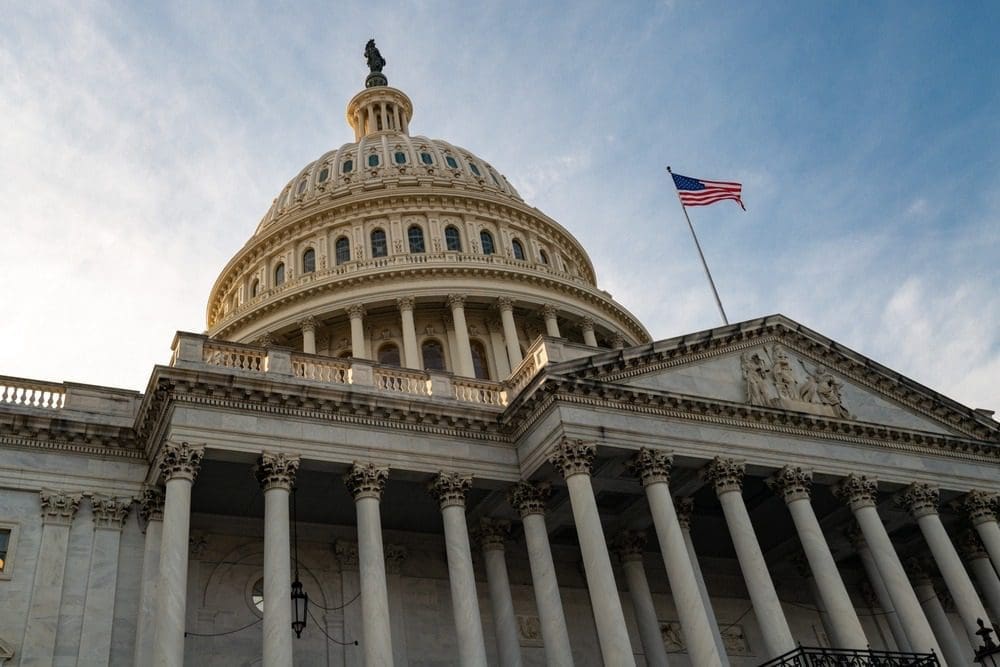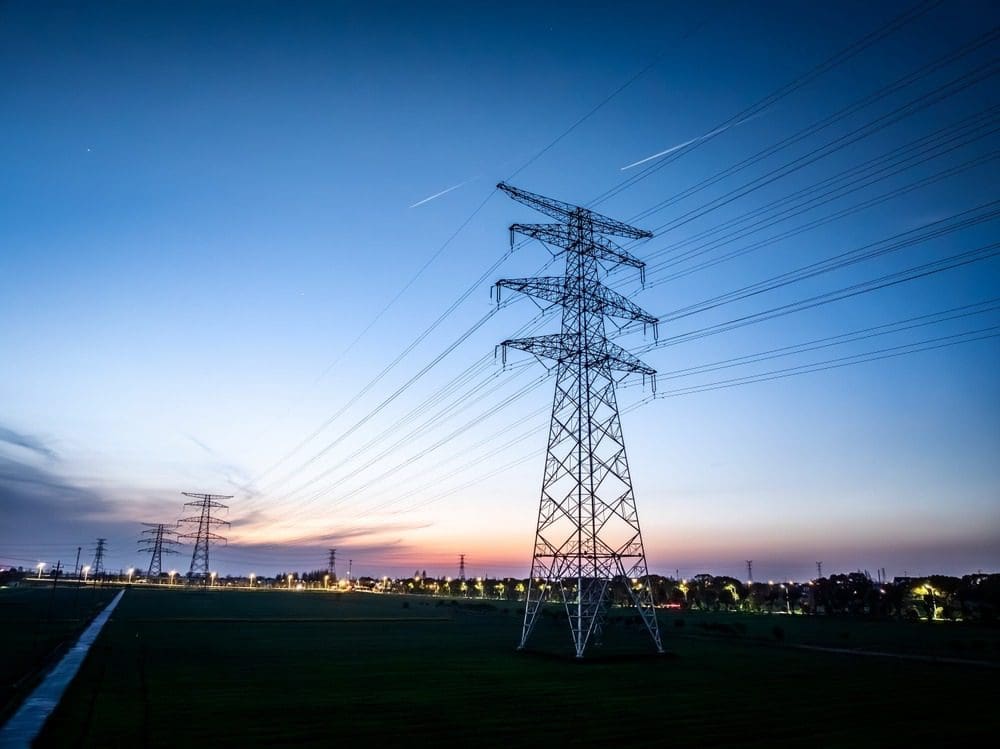
Data centers — those humming warehouses of servers — are the physical heart of our digital lives. Traders on prediction markets like Kalshi even think there’s a 56% we start building a nuclear-powered data center on a military base before 2030.
And while Big Tech dominates the conversation, the reality behind who funds and owns these facilities is shifting.
A surge in foreign capital, especially from the Middle East and Asia, is reshaping U.S. data infrastructure.
Here’s a breakdown of who’s really holding the keys to America’s data.
Big Tech Still Reigns — For Now

Amazon, Microsoft, Google, and Meta still operate the majority of hyperscale data centers. Microsoft alone plans to spend $80 billion this year on cloud and AI capacity. But even these tech giants are leaning on outside capital to meet surging AI demand.
Meet the REITs and Infrastructure Titans

Beyond tech companies, real estate investment trusts (REITs) like Digital Realty and infrastructure groups like DigitalBridge quietly control hundreds of sites. Digital Realty operates more than 300 centers worldwide. DigitalBridge backs major platforms like Vantage, Switch, and DataBank.
The $20 Billion Dubai Play

DAMAC Properties, through its data subsidiary Edgnex, is spending $20 billion to build U.S. data centers. The company’s owner, Dubai billionaire Hussain Sajwani, has close ties to Donald Trump and sees the U.S. as the biggest growth market in the world.
Saudi Arabia’s AI Bet

DataVolt, backed by Saudi capital, is investing another $20 billion in data center and energy infrastructure across the U.S. This is part of the broader $600 billion investment agreement between the U.S. and Saudi Arabia forged earlier this year.
Asia’s Deep Pockets

SoftBank, through partnerships with OpenAI and Oracle, is exploring “Project Stargate,” a global network of supercharged data hubs. Estimated costs range up to $500 billion, with U.S. buildouts expected to be central to the plan.
Macquarie’s $5 Billion Deal

Australia’s Macquarie Group recently committed $900 million upfront — and potentially $4.1 billion more — to Applied Digital’s high-performance computing (HPC) campus. The focus: powering AI operations across the Midwest and beyond.
Why Foreign Capital Is Flooding In

The AI boom requires vast capital investment, electricity, and land. Foreign investors see opportunity and U.S. firms welcome the cash — especially as demand for AI infrastructure outpaces domestic build speed and grid capacity.
National Security Red Flags

Foreign ownership in critical infrastructure has sparked concern in Washington. Lawmakers are pushing for increased oversight over who controls digital backbones — especially as cyberattacks, surveillance, and geopolitical tensions grow.
Energy Grid Showdown

States like Indiana are facing backlash. Big Tech is spending billions locally — but residents worry they’ll be left footing the utility upgrade bills. Some proposed campuses would draw more power than entire cities.
The New Reality

Foreign capital is no longer just welcome — it’s essential. But with that capital comes complexity. America’s data centers may be domestically run, but in many cases, they’re globally funded. The cloud isn’t just American anymore — it’s international infrastructure.

























